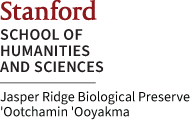Jasper Ridge Environmental Education Scholar Award
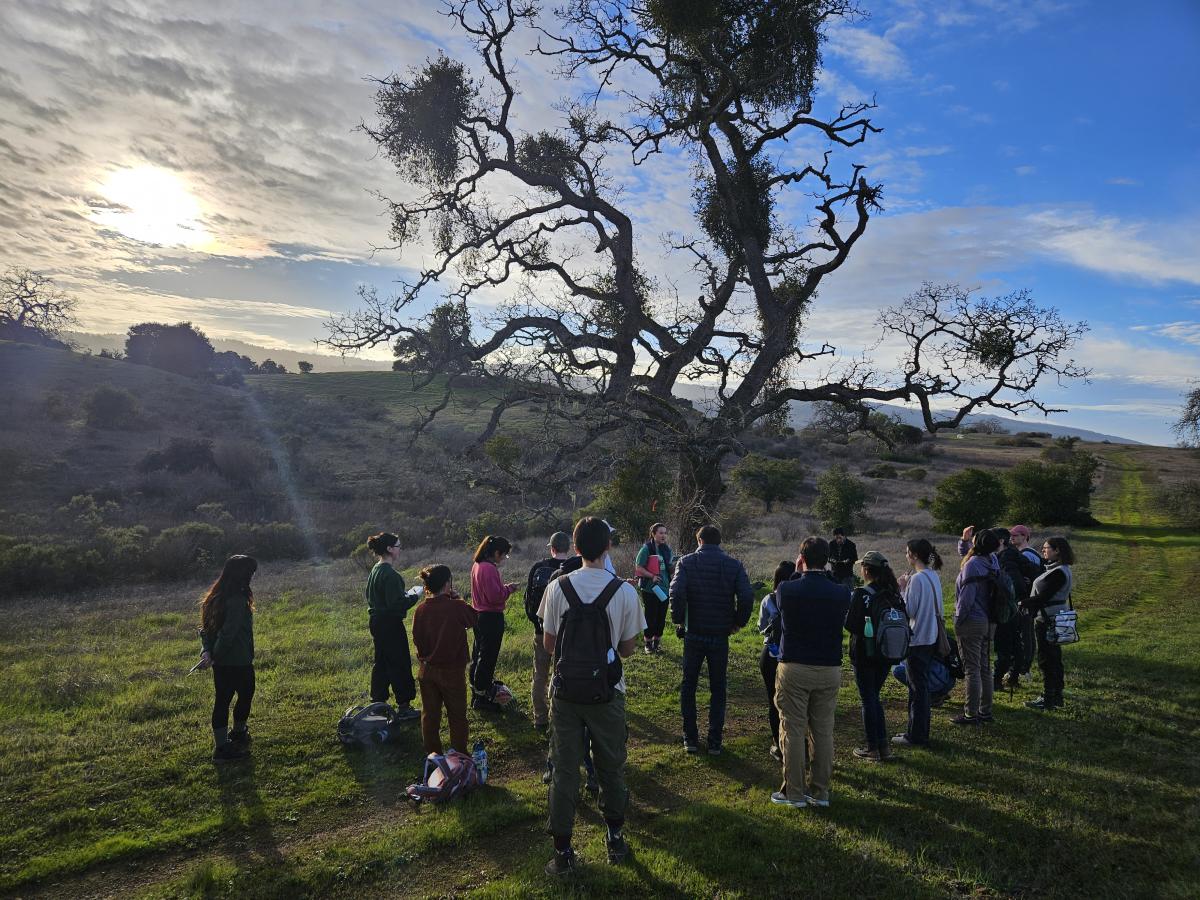 ABOVE: Sydney Schmitter teaches the 2024 "Ecology and Natural History of Jasper Ridge" class about valley oak (Quercus lobata) and mistletoe (Phoradendron leucarpum) on Escobar Road. Sydney is an Environmental Education Scholar (2021) and 2024 Teaching Assistant for BIO/ESYS 105.
ABOVE: Sydney Schmitter teaches the 2024 "Ecology and Natural History of Jasper Ridge" class about valley oak (Quercus lobata) and mistletoe (Phoradendron leucarpum) on Escobar Road. Sydney is an Environmental Education Scholar (2021) and 2024 Teaching Assistant for BIO/ESYS 105.
The Jasper Ridge Environmental Education Scholar Award recognizes students who have engaged in meaningful environmental education activities at or related to Jasper Ridge Biological Preserve ('Ootchamin 'Ooyakma). The award is given annually to a student who, through their leadership, best exemplifies Jasper Ridge’s commitment to education, outreach, and inclusivity to build and sustain a dynamic community for learning. The Award will recognize and honor outstanding environmental education and outreach of students who integrate service to the community.
These scholars will have demonstrated exceptional commitment to building or continuing to provide inclusive environmental education and outreach activities through their participation at Jasper Ridge and/or student organizations, extra-curricular activities, volunteer work, participation in professional meetings and/or research. Pertinent activities could include, but are not restricted to, those with Stanford University student organizations or with educational and outreach programs that involve the broader Jasper Ridge community. The activities should be related to promoting outdoor environmental education to wide audiences including historically underserved groups in STEM fields.
Awardees will embody one of the primary pillars of Jasper Ridge Biological Preserve, education. They will be recognized for their positive contributions to maintaining and strengthening the Stanford community and environmental awareness globally.
Consideration for the Jasper Ridge Environmental Education Scholar Award requires nomination. Students may be nominated by other students, faculty, or staff. They may also self-nominate.
The selection of the prize recipient will be based on
- outstanding academic achievement,
- a demonstrated contribution to environmental education,
- evidence of commitment to providing environmental education and outreach opportunities to broader audiences and historically under-represented groups in STEM fields.
Please e-mail your letter of nomination to Katie Glover (kcglover@stanford.edu) and include the following information: name of student, in what capacity you know them, and why they would be appropriate recipients of the award. For further questions, contact Katie. The deadline for nominations is Monday June 3, 2024 and the award will be announced in early June.
Recipients will receive a cash prize. Eligible students are all undergraduate and co-term students involved in an active educational and outreach program or partnerships that is relevant to Jasper Ridge.
Jasper Ridge Environmental Education Scholar Award Recipients:
2024: Diego Perez and Shreya Garg
Read more about Diego and Shreya at this link
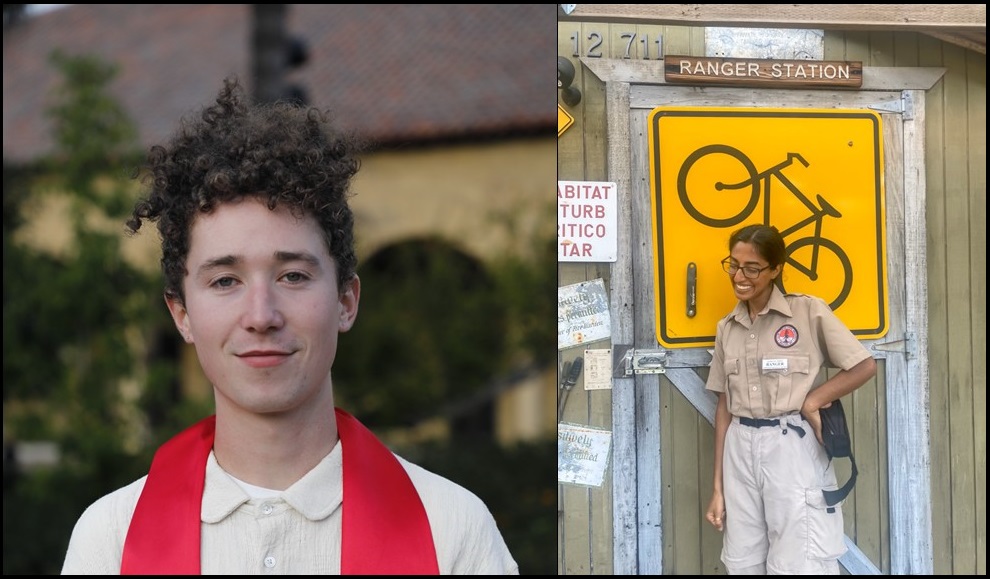
2023: Chrysanthe Frangos
Read more about Chrysanthe at this link

2022: Bianca Silva Santos
Read more about Bianca at this link
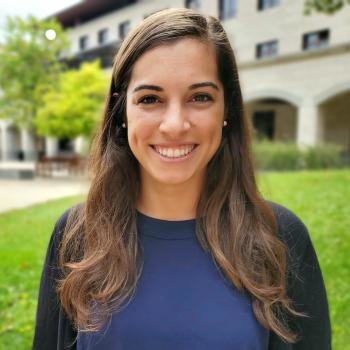
2021: Sydney Lee Schmitter and Sriram R Narasimhan
Read more about Sydney and Sriram at this link
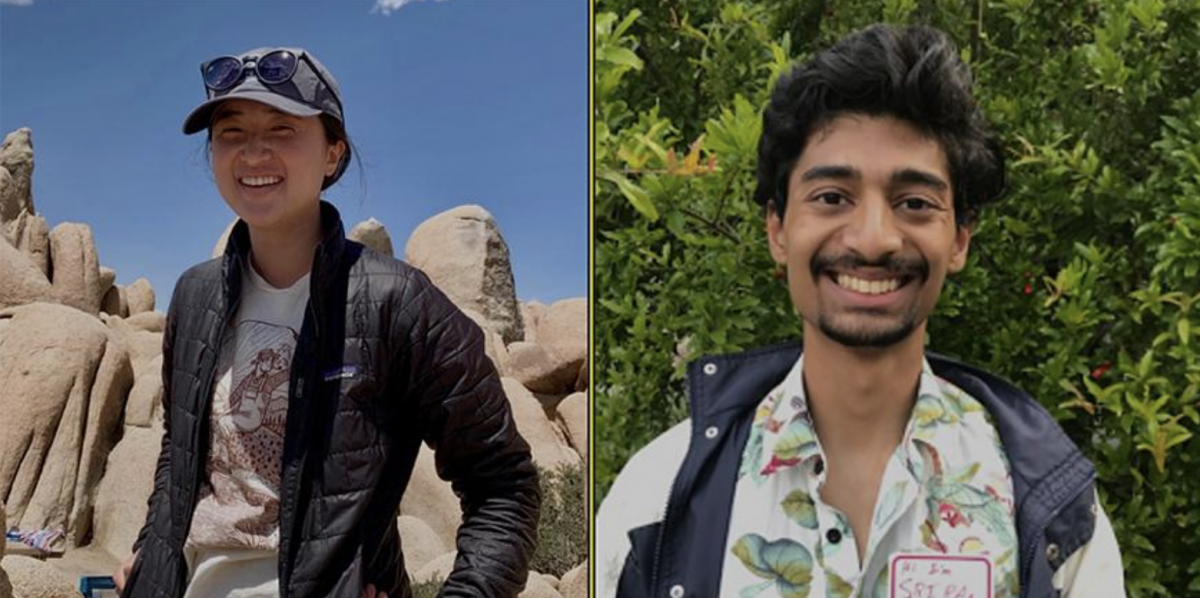
Note:
If this is your first time writing a letter of nomination or support for an award, please review the resources below:
These resources were compiled and shared by the many wonderful students of the Diversity & Inclusion in the Geosciences (DIG) Stanford Course class of 2021 led by Dr. Lauren Abrahams and Dr. Joseph Tumber-Dávila.
From different institutions
- Columbia University, Avoid Implicit Gender Bias in Recommendation Letters. Lamont-Doherty Earth Observatory, The Earth Institute Dutt, K.: Avoid Implicit Gender Bias in Recommendation Letters. Lamont-Doherty Earth Observatory, The Earth Institute of Columbia University, New York. July 2019.
- Georgetown University, Avoiding Bias in Recommendation Letters
- Northwestern University, Bias-Free Letters of Recommendation (six additional references in this link)
- RIT, ADVANCE program
- University of Arizona Avoiding gender bias in reference writing
Publications
- Barker, L. (2010). Avoiding Unintended Gender Bias in Letters of Recommendation. National Center for Women & Information Technology, Case Study 1
- Asmeret Asefaw Berhe and Sora Kim Here’s How Unconscious Racial Bias Can Creep Into Recommendation Letters—and How You Can Avoid It
- Dutt, K., Pfaff, D., Bernstein, A. et al (2016) .Gender differences in recommendation letters for postdoctoral fellowships in geoscience. Nature Geosci 9, 805–808 (2016). https://doi.org/10.1038/ngeo2819:
- Colleen Flaherty (2018) Inside Higher Education, Help that Hurts Women
- Trix, F. & Psenka, C. (2003) . Exploring the color of glass: Letters of recommendation for female and male medical faculty. Discourse & Society, 14(2), 191-220.
- Stav Ziv Your Reference Letters for Women Might (Unintentionally) Be Less Stellar—Here’s How to Fix Them


